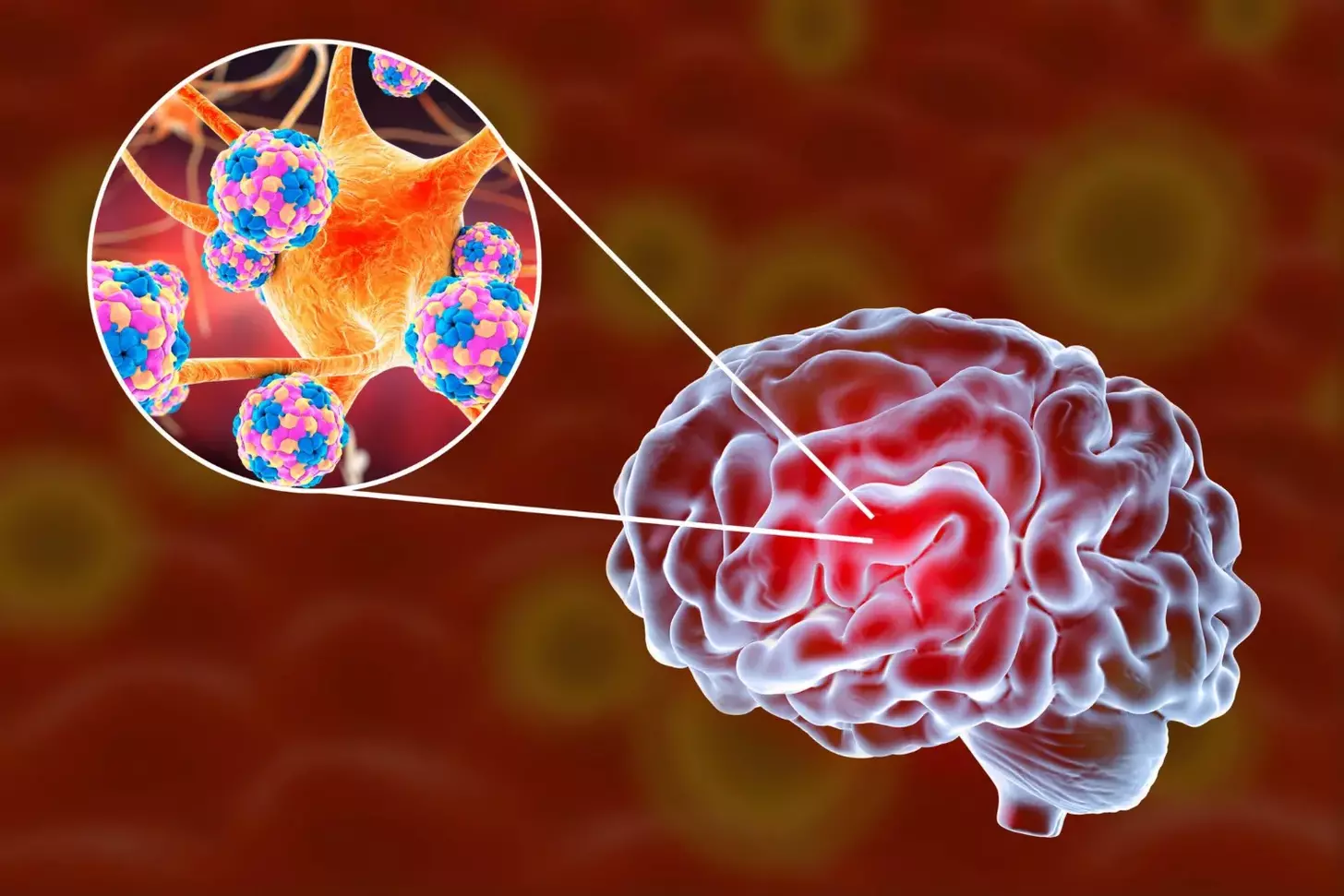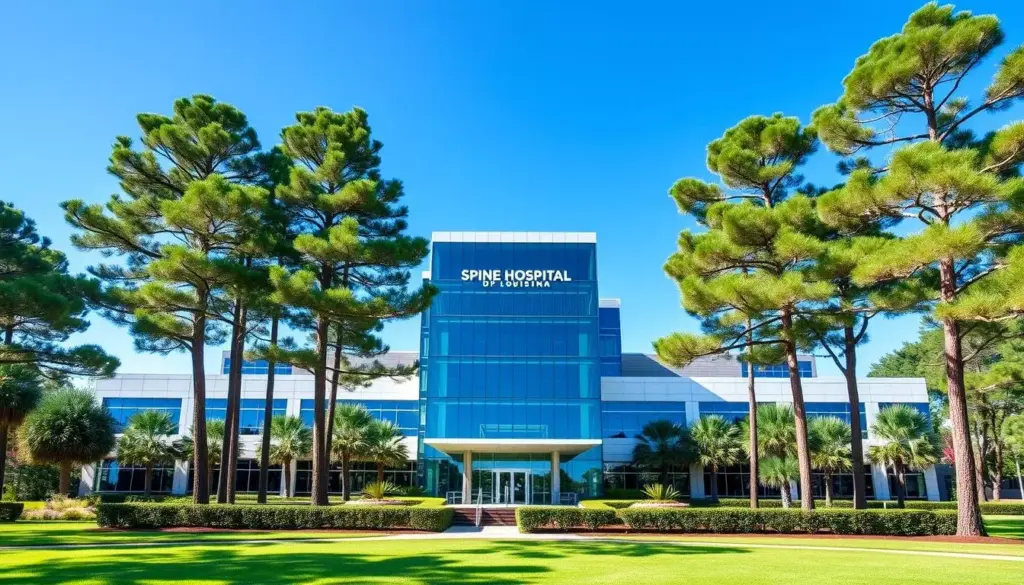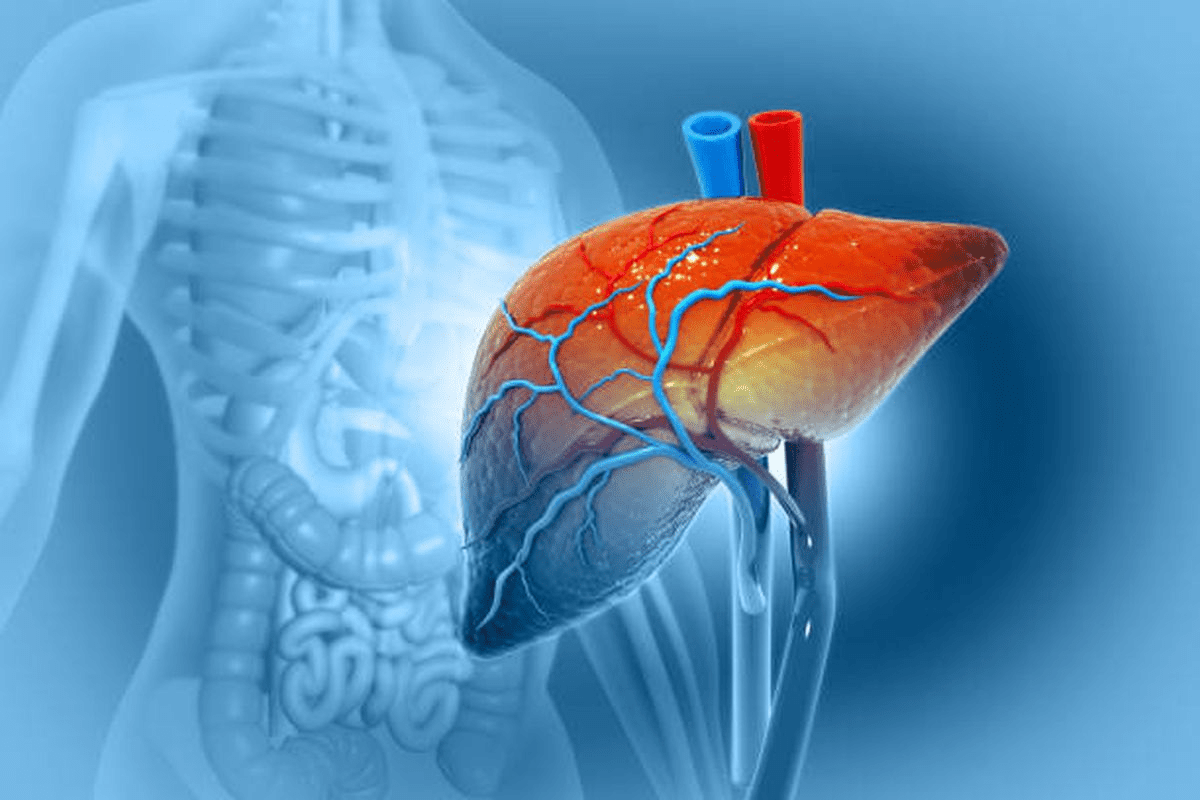Cancer Treatments

Home/Health Library/ Body/ Systems & Organs/
Early diagnosis saves lives. We are with you in your fight with hope.
Cancer is a disease characterized by the uncontrolled growth of abnormal cells. As these cells multiply, they can form a mass known as a tumor. If a tumor is malignant (cancerous), it possesses the ability to invade and damage surrounding healthy tissues.
-
Liv Hospital Ulus
September 21, 2023 -
Liv Hospital Samsun
September 21, 2023 -
Liv Hospital Gaziantep
September 21, 2023 -
Liv Hospital Citywalk Dubai
September 21, 2023
Early diagnosis saves lives. We are with you in your fight with hope.
Cancer is a disease characterized by the uncontrolled growth of abnormal cells. As these cells multiply, they can form a mass known as a tumor. If a tumor is malignant (cancerous), it possesses the ability to invade and damage surrounding healthy tissues.
Understanding the Stages of Cancer
KEY CONSIDERATIONS FOR CANCER PATIENTS
We understand that a cancer diagnosis can bring a wave of uncertainty, and we want you to know that you are not alone. Our entire care philosophy is built on a partnership with you. We are deeply committed to creating an environment of open communication, where you feel empowered to ask q
GENERAL INFORMATION AND EXPLANATIONS ABOUT CANCER
At Liv Hospital, we understand that a cancer diagnosis is a profound and challenging experience. We recognize it as a complex disease where cells begin to grow uncontrollably, with the potential to invade healthy tissues and spread (metastasize). Our entire approach is built around halting this process. By combining the expertise of our leading oncologists with the most advanced medical technologies, we create a personalized and comprehensive treatment plan designed for you. Our goal is to provide not only the most effective medical care but also the compassionate support you and your family deserve every step of the way.


What is Cancer Staging?
Cancer staging is a critical process that helps our medical team understand the extent of the cancer in your body. It describes the size of the tumor and whether it has spread. This information is essential for determining the most effective treatment plan for you.
How is Cancer Staged?
Staging involves a series of diagnostic tests, including imaging scans and biopsies. The results help us assign a stage, typically from 0 to IV, which guides our multidisciplinary team in creating a personalized treatment strategy tailored to your specific condition.
TRIGGERS AND CAUSES OF CANCER
At Liv Hospital, we believe that empowerment begins with understanding. While cancer is a complex disease with no single cause, our knowledge of contributing risk factors is constantly growing. We recognize that a combination of factors from genetic predispositions to lifestyle choices and environmental influences plays a role in its development. Our approach is proactive and personalized. The dedicated experts at Liv Hospital work with you to assess your individual risk profile and provide compassionate, practical guidance on lifestyle modifications. We partner with you to transform awareness into action, helping you take meaningful steps to safeguard your long-term health and well-being.

Lorem ipsum dolor sit amet, consectetur adipiscing elit. Ut elit tellus, luctus nec ullamcorper mattis, pulvinar dapibus leo.
Table of Contents
FOR EARLY DIAGNOSIS AND DETAILED EXAMINATION

THE PROCESS OF DIAGNOSTIC TESTS
We believe that an effective treatment plan begins with a definitive and precise diagnosis. This crucial first step provides the clarity needed to move forward with confidence. Our commitment to accuracy is unwavering, which is why we utilize a full spectrum of advanced diagnostic services. By integrating state-of-the-art imaging like MRI, CT, and PET scans with detailed biopsies and innovative genetic testing, our specialists can build a comprehensive understanding of your specific cancer. This thorough evaluation reveals the cancer’s unique type, stage, and characteristics, allowing us to design a highly targeted and personalized treatment plan that is optimized for you.


TREATMENT METHODS AND THE IMPORTANCE OF YOUR DOCTOR
Personalized Treatment Plans
Our core philosophy is that the most effective treatment is one that is designed exclusively for you. We recognize that you are an individual, and your care plan must reflect that. Our renowned multidisciplinary tumor boards bring together leading specialists from every relevant field to collaborate on your case. Together, they meticulously craft a personalized treatment strategy tailored to your cancer’s specific characteristics, its stage, and your overall health. This collaborative approach allows us to determine the optimal course of action, drawing from a comprehensive suite of advanced therapies including surgery, chemotherapy, radiation therapy, immunotherapy, and targeted therapy to ensure the best possible outcome for your specific journey.
THE ROLE OF YOUR ONCOLOGIST
We believe the bond between you and your oncologist is the cornerstone of your care. This relationship is a true partnership, with your doctor serving as your steadfast guide and advocate throughout your entire journey. Our doctors combine compassionate care with deep expertise, dedicating themselves to ensuring you feel heard and understood. They are committed to answering every question, clarifying your treatment options, and providing the unwavering support you need to make informed, confident decisions about your health.
OUR PROCESSES
We understand that clarity and comfort are essential when you are focused on healing. That is why we have meticulously designed every aspect of your journey from your initial consultation and diagnosis through treatment and follow-up care to be as seamless as possible. Our commitment is to ensure effortless coordination between our world-class specialists and departments, removing any burdens from your shoulders. To guide you, our dedicated patient navigators serve as your personal advocates, ready to assist you with scheduling, answer your questions, and ensure your path to wellness is smooth and clear.

The Importance of Exercise Across Cancer Stages
Physical activity plays a crucial role for individuals diagnosed with cancer, spanning from diagnosis through treatment and survivorship. Far from being advised to rest entirely, evidence suggests that engaging in appropriate exercise offers significant benefits.
During active treatment (chemotherapy, radiation, or surgery), exercise is proven to reduce common side effects such as fatigue, anxiety, and depression. It can help patients maintain physical function and muscle mass, potentially leading to faster recovery times after surgery and improving overall quality of life. For survivors, regular physical activity helps reduce the risk of cancer recurrence, lowers the risk of developing other chronic diseases (like heart disease and diabetes), and enhances long-term well-being. It is vital for patients to consult their healthcare team before starting or modifying an exercise regimen to ensure it is safe and tailored to their specific condition and stage of treatment.
Eating Habits and Cancer
Proper nutrition is a cornerstone of cancer care, impacting a patient’s strength, recovery, and overall prognosis. The goal is often to maintain a healthy body weight and ensure the body receives the necessary nutrients to cope with treatment side effects and promote healing.
Key eating habits recommended during and after cancer treatment generally focus on a plant-predominant diet rich in vegetables, fruits, whole grains, and legumes. These foods provide essential vitamins, minerals, and antioxidants that support the immune system. Patients are often advised to opt for lean proteins (like fish, poultry, or plant-based sources) and healthy fats (such as olive oil and nuts). Conversely, limiting red and processed meats, highly processed foods, sugary drinks, and excessive alcohol is recommended. Specific dietary needs can change dramatically during treatment due to side effects like nausea or difficulty swallowing, making it crucial for patients to work with a registered dietitian specializing in oncology to create a personalized nutrition plan.
Positive Aspects of Stress Reduction in Cancer Treatments
A cancer diagnosis is inherently a highly stressful life event, bringing with it a torrent of fear, uncertainty, and physical hardship. While stress is a natural reaction, chronic distress can have detrimental effects on a patient’s physical and psychological well-being, potentially impacting the efficacy of their cancer treatments. Integrating stress reduction techniques into the overall treatment plan has increasingly shown significant positive benefits for cancer patients.

Enhancing Quality of Life and Managing Side Effects
One of the most immediate and profound benefits of stress reduction is the improvement in a patient’s quality of life (QoL). High levels of chronic stress are linked to increased anxiety, depression, and persistent fatigue—some of the most common and debilitating side effects of cancer and its treatments. Techniques such as mindfulness-based stress reduction (MBSR), yoga, meditation, and cognitive-behavioral therapy (CBT) have been proven to alleviate these symptoms. By reducing distress, patients often report better mood, improved sleep quality, and a greater capacity to engage in daily activities, which is critical for maintaining a sense of normalcy and resilience.
Furthermore, stress management can have a tangible effect on physical symptoms. Research indicates that reducing stress can help mitigate treatment-related side effects like nausea and pain perception. This improved physical tolerance can, in turn, help patients adhere better to demanding treatment schedules, leading to more optimal therapeutic outcomes.
Empowerment and Active Participation
Stress reduction is not merely a “nice to have” add-on but an essential component of comprehensive cancer care. Its positive impacts range from improving the daily lived experience of the patient to potentially optimizing biological conditions for treatment success and long-term survival. Oncological care teams should therefore prioritize and facilitate access to evidence-based stress management and supportive care programs.
Stress reduction is not merely a “nice to have” add-on but an essential component of comprehensive cancer care. Its positive impacts range from improving the daily lived experience of the patient to potentially optimizing biological conditions for treatment success and long-term survival. Oncological care teams should therefore prioritize and facilitate access to evidence-based stress management and supportive care programs.Stress reduction is not merely a “nice to have” add-on but an essential component of comprehensive cancer care. Its positive impacts range from improving the daily lived experience of the patient to potentially optimizing biological conditions for treatment success and long-term survival. Oncological care teams should therefore prioritize and facilitate access to evidence-based stress management and supportive care programs.
Potential Biological and Immunological Advantages
Beyond psychological comfort, there is growing evidence suggesting that stress reduction may confer biological advantages in the fight against cancer. Chronic stress triggers the release of stress hormones, such as cortisol and norepinephrine. These hormones have been implicated in creating a microenvironment that may be less hostile to tumor growth. Specifically, stress-activated signaling pathways have been shown to potentially:
Impair Immune Function: Chronic stress can suppress or redirect the immune system’s anti-tumor response, making it less effective at recognizing and eliminating cancer cells. Stress reduction interventions can help regulate these neuroendocrine signals, potentially enhancing the body’s natural defense mechanisms and the effectiveness of immunotherapy.
Influence Inflammation: Inflammation is a known factor in cancer progression. Stress is linked to increased inflammatory signaling. Stress management has been observed to lead to smaller increases in inflammatory markers in patients undergoing treatment, which could be beneficial for long-term prognosis.
Impact Survival and Recurrence: Some long-term studies, particularly in breast and prostate cancer, have been encouraging, suggesting that comprehensive psychological interventions aimed at stress reduction may be associated with improved survival rates and a lower risk of cancer recurrence.
FREQUENTLY ASKED QUESTIONS
I am item content. Click edit button to change this text. Lorem ipsum dolor sit amet, consectetur adipiscing elit. Ut elit tellus, luctus nec ullamcorper mattis, pulvinar dapibus leo.
I am item content. Click edit button to change this text. Lorem ipsum dolor sit amet, consectetur adipiscing elit. Ut elit tellus, luctus nec ullamcorper mattis, pulvinar dapibus leo.
I am item content. Click edit button to change this text. Lorem ipsum dolor sit amet, consectetur adipiscing elit. Ut elit tellus, luctus nec ullamcorper mattis, pulvinar dapibus leo.
I am item content. Click edit button to change this text. Lorem ipsum dolor sit amet, consectetur adipiscing elit. Ut elit tellus, luctus nec ullamcorper mattis, pulvinar dapibus leo.
I am item content. Click edit button to change this text. Lorem ipsum dolor sit amet, consectetur adipiscing elit. Ut elit tellus, luctus nec ullamcorper mattis, pulvinar dapibus leo.

RELATED VIDEOS
Understanding Your Cancer Diagnosis: A Beginner’s Guide
This video breaks down the basics of a cancer diagnosis, explaining common terms, what to expect, and questions to ask your doctor. A gentle introduction for newly diagnosed patients.
Navigating Treatment Side Effects: Tips for Comfort
Learn practical strategies and expert advice on managing common side effects like fatigue, nausea, and pain during cancer treatment. Find ways to improve your daily comfort and well-being.
Life Beyond Cancer: Thriving in Survivorship
Explore the journey of cancer survivorship, focusing on emotional recovery, long-term health, and embracing a fulfilling life after treatment. Hear inspiring stories and expert insights.
RELATED BLOGS
Pediatric Solid Tumors: The Most Common Malignancy in Childhood
Brain tumors are a big worry in kids' cancer care. They now lead to more
-
What’s the link between ADHD and sleep apnea?
November 27, 2025 -
What to do if a child has an obstructed airway?
November 27, 2025 -
When should kids start getting skin checks?
November 27, 2025

The Power of Nutrition: Fueling Your Body During Cancer
Discover how smart food choices can support your strength and recovery throughout your cancer journey. Get practical tips and recipes to nourish your body.

Mind-Body Connection: Coping with Cancer-Related Stress
Cancer can be overwhelming. This post explores effective mindfulness techniques, meditation, and other strategies to reduce stress and improve mental well-being during treatment and beyond.

Ask the Expert: Demystifying Clinical Trials in Oncology
Ever wondered about clinical trials? This blog post features insights from an oncologist, explaining what they are, who qualifies, and why they’re crucial for advancing cancer research and treatment.
ALL YOU NEED TO DEFEAT CANCER IS BELIEVE
“We're not just treating cancer; we're advancing towards a cure with every trial and every patient.”

Dr. Elena Rodriguez
Doctor
“The future of oncology is not fear, it's personalized victory. Your strength is our blueprint for success.”

Dr. James K. Chen
Doctor
“Hope is not a wish—it's a clinical strategy. We're leveraging today's breakthroughs for a healthier tomorrow.”

Dr. Aisha Khan
Doctor













